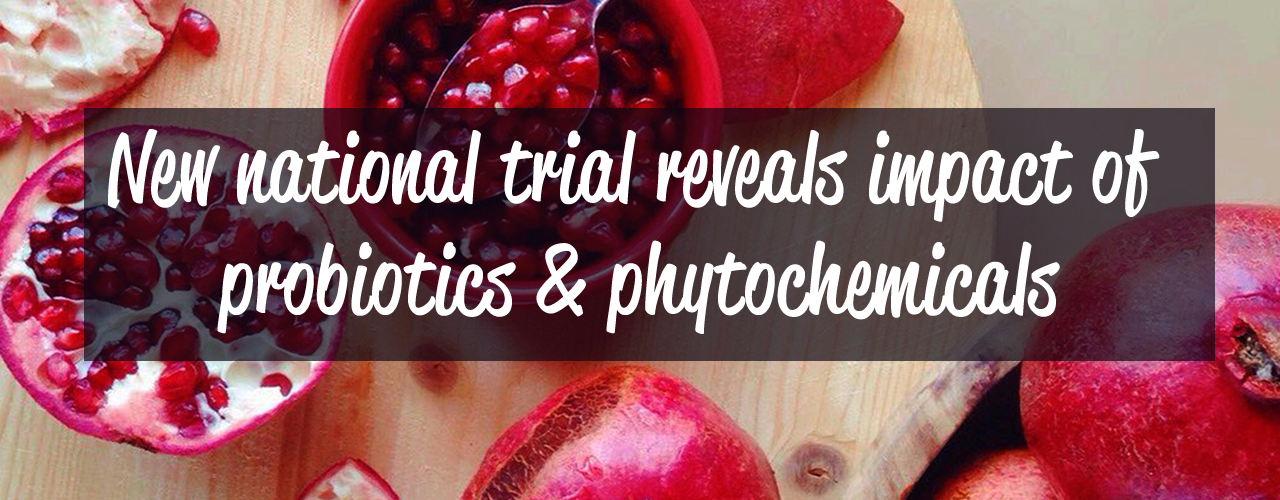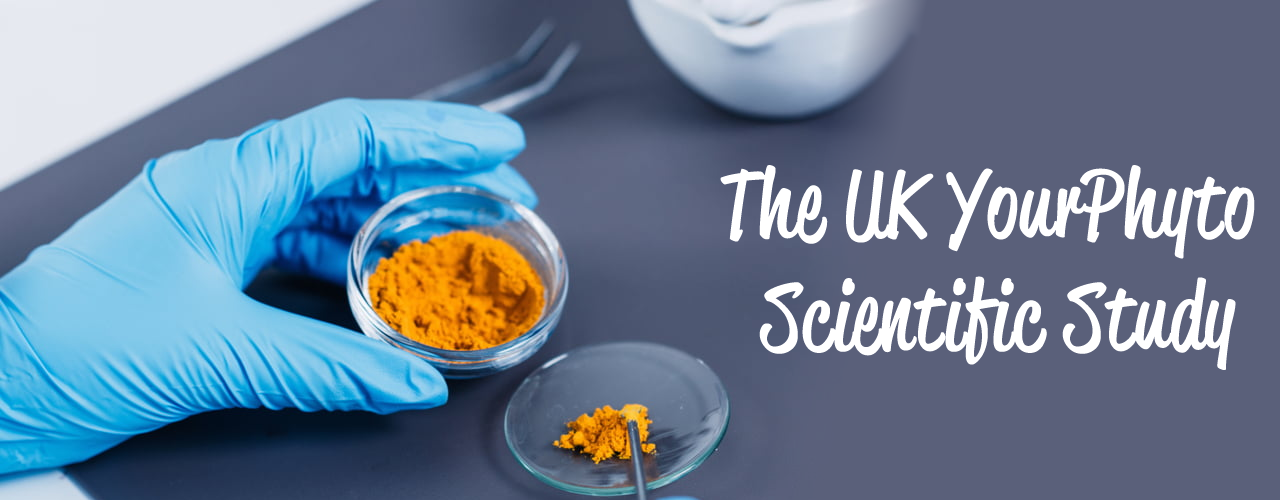New hope for prostate cancer - New UK national trial reveals impact of Probiotics & Phytochemicals.
The video explains how a blend of 5 probiotics, vitamin D called YourgutPlus and a new phytochemical rich supplement called YourPhyto slow ca prostate cancer progression and improve urinary symptoms - The Scientific team describe the rationale and global importance of this study.
The Power of a Plant-Rich Diet & Prostate Cancer
An article recently published in the Melton Times & National World highlighted new research that eating plants slows prostate cancer progression, a new study confirms and details how to get more in your diet. Written by Prof Robert Thomas ( NHS Consultant Oncologist at Addenbrooke's and Bedford Hospitals ) he highlights the new USA study involving 2,062 men, led by the University of California.
Combining probiotic supplement and new generation phytochemical rich food capsules (YourPhyto) to aid men with indolent prostate cancer - A double blind Randomised Placebo Controlled Trial.
Natural phytochemicals are responsible for the colour, taste and aroma of healthy plants. Over these appealing attributes, robust evidence has revealed several mechanisms of how they protect us from environmental and ingested toxins. Why are they are so important for health, common food sources and tips to boost their intake.
It’s really important to look after the trillions of healthy bacteria in our gut. If we take them for granted they will be replaced by pro-inflammatory “bad” bacteria which damage the lining of the gut, lower immunity and allow toxins to leak into our bodies and nutrients to leak out.
The phytochemical compounds found in plants are responsible for their colour, taste, and aroma of many foods. Emerging evidence suggests that they protect us from environmental and ingested carcinogens by arming antioxidant enzymes, enhancing DNA repair pathways, reducing chronic inflammation, and directly affecting the biological processes that underlie the fundamental hallmarks of cancer progression and metastasis.






